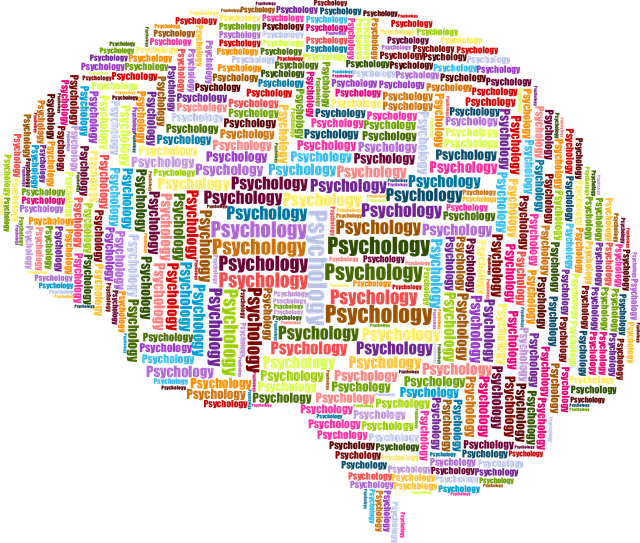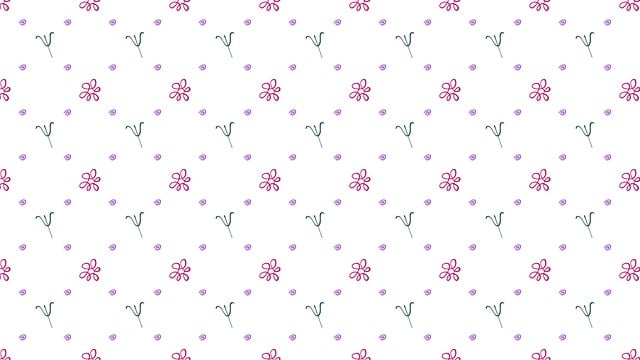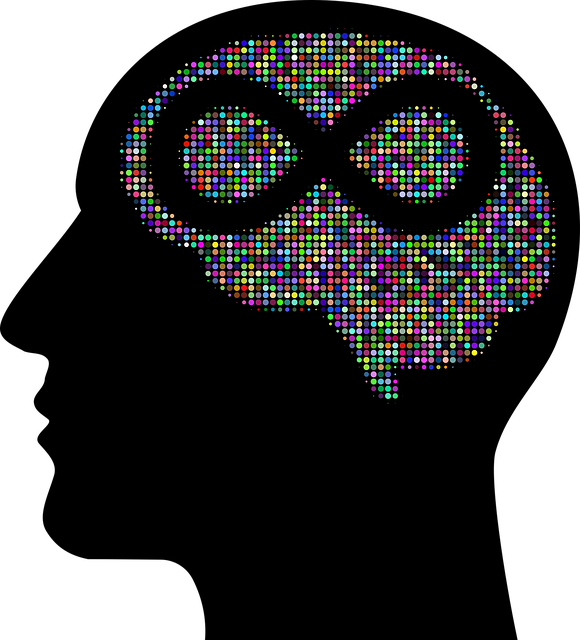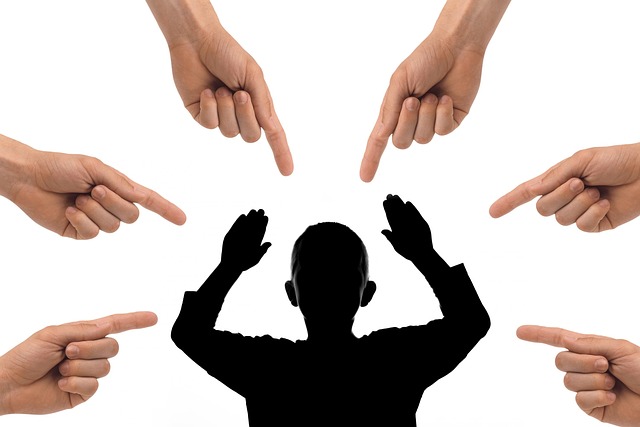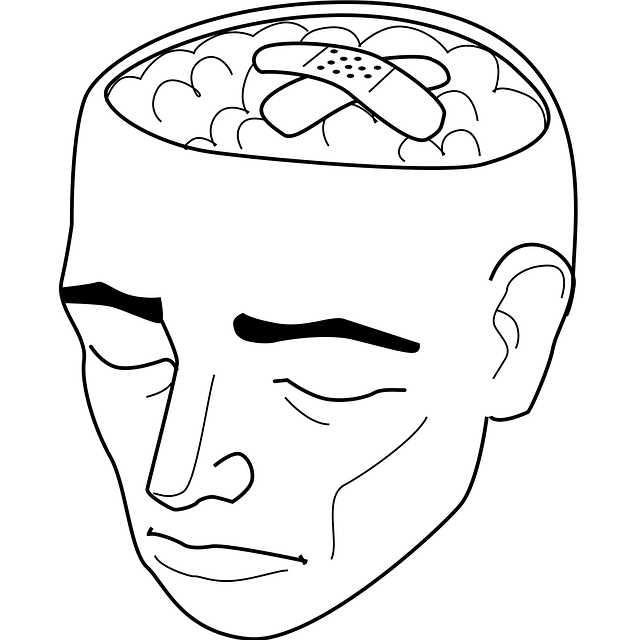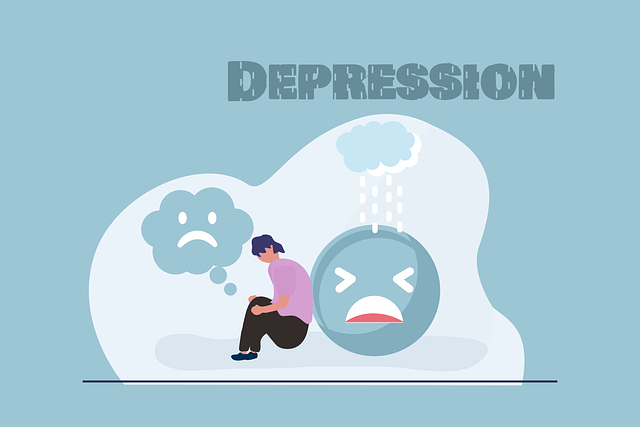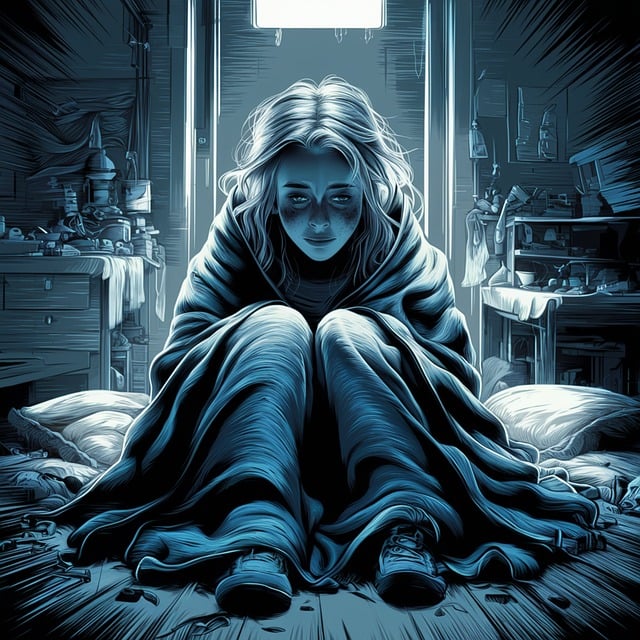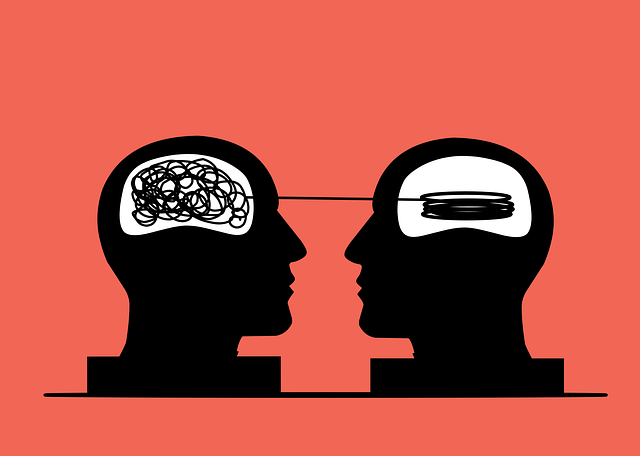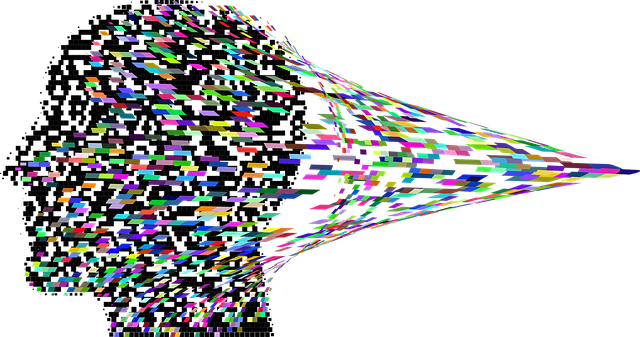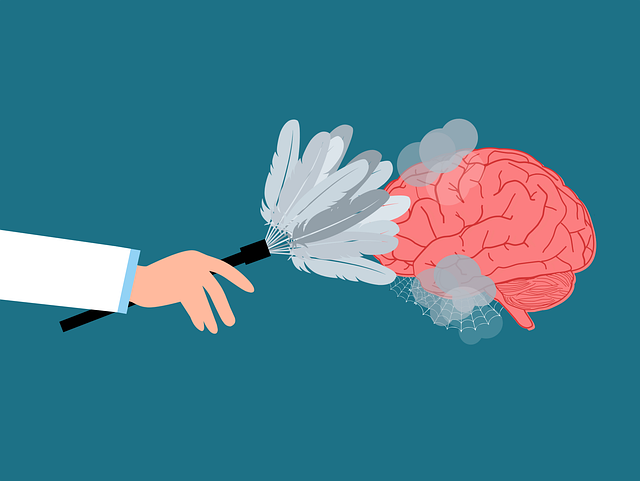The text explores the impact of stigma on seeking mental health support, particularly for conditions like Centennial Oppositional Defiance Disorder (CODD), and highlights the media's role in either reinforcing or challenging these stigmas. To combat this, it advocates for collaboration between professionals and advocates to provide accurate representations. Suggested strategies include responsible media coverage through podcasts featuring authentic stories, community outreach programs, and therapy integration. Emphasis is placed on the importance of holistic person-centered narratives, dispelling stereotypes, and educating audiences about effective CODD treatments like cognitive-behavioral therapy (Centennial Oppositional Defiance Disorder Therapy) to foster empathy and reduce barriers to care.
Mental illness representation in media plays a pivotal role in shaping societal perceptions and combating stigma. This article delves into the complex issue of mental health stigma, critically analyzing its current manifestation in media. We explore specific challenges associated with Centennial Oppositional Defiant Disorder (CODD), its symptoms, and the unique hurdles it poses to accurate portrayal. Furthermore, we offer strategies for enhancing positive mental health depictions, emphasizing the importance of media in fostering understanding and empathy through effective CODD therapy representations.
- Understanding Mental Health Stigma and Its Impact on Society
- The Current State of Media Representation: A Critical Analysis
- Centennial Oppositional Defiant Disorder (CODD): Symptoms and Challenges
- Strategies to Enhance Positive Mental Health Portrayals in Media
- Empowering Change: Therapeutic Approaches for Accurate CODD Depictions
Understanding Mental Health Stigma and Its Impact on Society

Stigma surrounding mental health has far-reaching consequences, shaping societal perceptions and impacting individuals’ willingness to seek help. This pervasive issue, often characterized by misconceptions and fear, creates barriers for those living with conditions like Centennial Oppositional Defiance Disorder (CODD). The media plays a pivotal role in perpetuating or challenging these stereotypes.
Understanding the impact of stigma is crucial for effective risk management planning within the mental health sector. By integrating therapy and advocacy efforts, professionals can combat negative portrayals. Mental health policy analysis and advocacy are essential tools to promote accurate representation, improve stress management strategies, and ultimately reduce the societal opposition that often hinders individuals from accessing much-needed care.
The Current State of Media Representation: A Critical Analysis

The media plays a significant role in shaping public perception, especially when it comes to mental health issues. Currently, representation of mental illness in popular media often falls short, perpetuating stereotypes and misconceptions. Despite increasing awareness, many portrayals still rely on dramatic or exaggerated narratives, focusing on extreme symptoms without exploring the nuances and complexities of various disorders. For instance, conditions like Centennial Oppositional Defiance Disorder (COD) are rarely accurately depicted, leading to a lack of understanding among audiences.
This critical analysis highlights the need for more responsible media representation. By integrating authentic stories and diverse perspectives, media platforms can contribute to better stress management and mood management strategies. The production of high-quality mental wellness podcast series can play a pivotal role in this shift. Through educational content and personal narratives, these podcasts have the potential to bridge the gap between public knowledge and real-life experiences, fostering empathy and encouraging open conversations about mental health challenges.
Centennial Oppositional Defiant Disorder (CODD): Symptoms and Challenges

Centennial Oppositional Defiant Disorder (CODD) is a mental health condition characterized by a persistent pattern of angry and defiant behaviour. Individuals with CODD often display frequent temper tantrums, argue with authority figures, refuse to comply with requests or rules, and actively try to annoy others. These symptoms can significantly impact daily functioning, affecting relationships at home and school, as well as academic performance and social interactions.
The challenges posed by CODD are multifaceted. Without proper intervention, individuals may struggle with low self-esteem, anger management issues, and difficulty forming positive connections. Centennial Oppositional Defiance Disorder Therapy often involves a combination of individual counselling, family therapy, and group support to teach coping strategies, improve communication skills, and foster better problem-solving abilities. Mind Over Matter principles, coupled with well-designed Mental Health Education Programs, can empower individuals to manage their symptoms and lead fulfilling lives within the community, promoting a culture of understanding and support for those navigating CODD. Community Outreach Program Implementation plays a vital role in raising awareness and connecting affected individuals with available resources.
Strategies to Enhance Positive Mental Health Portrayals in Media

Media has a significant impact on shaping societal perceptions of mental health, which is why it’s crucial to advocate for more accurate and positive portrayals. To enhance the representation of mental illness in media, several strategies can be employed. Firstly, encouraging collaboration between mental health professionals, content creators, and storywriters can lead to more authentic narratives. This partnership ensures that conditions like Oppositional Defiant Disorder (ODD) are depicted with sensitivity and accuracy, allowing for a better understanding among audiences.
Secondly, focusing on the whole person rather than just their illness is essential. By showcasing individuals with mental health challenges engaging in self-care practices, such as developing a consistent self-care routine or exploring stress reduction methods, media can contribute to destigmatization. Additionally, highlighting successful recovery stories and the effectiveness of therapy sessions, like those offered through mental wellness coaching programs, can inspire hope and encourage viewers to seek help when needed.
Empowering Change: Therapeutic Approaches for Accurate CODD Depictions

The media plays a pivotal role in shaping public perception, and accurate representation of mental health conditions is essential for fostering understanding and reducing stigma. When it comes to Centennial Oppositional Defiance Disorder (CODD), a therapeutic approach can significantly enhance its depiction in media. By incorporating insights from CODD therapy, creators can develop more nuanced characters, promoting a healthier dialogue around the condition. This involves exploring emotional regulation strategies, as well as highlighting effective interventions such as cognitive-behavioral therapy.
Public Awareness Campaigns Development should focus on educating audiences about the complexities of CODD, moving beyond simplistic stereotypes. Risk Assessment for Mental Health Professionals is crucial; media representatives must collaborate with experts to ensure accurate portrayals that do not inadvertently perpetuate harmful narratives. Through these collaborative efforts, media can become a powerful tool for advocating mental health, encouraging empathy, and ultimately driving positive change in societal attitudes towards conditions like CODD.
Media representation plays a pivotal role in shaping societal perceptions of mental health. By accurately portraying conditions like Centennial Oppositional Defiant Disorder (CODD) and offering therapeutic insights, media can reduce stigma and foster understanding. Implementing strategies to enhance positive mental health imagery and embracing diverse narratives are essential steps towards creating a more inclusive and empathetic society. Through these efforts, we can ensure that media serves as a powerful tool for promoting mental wellness and encouraging effective CODD therapy.
